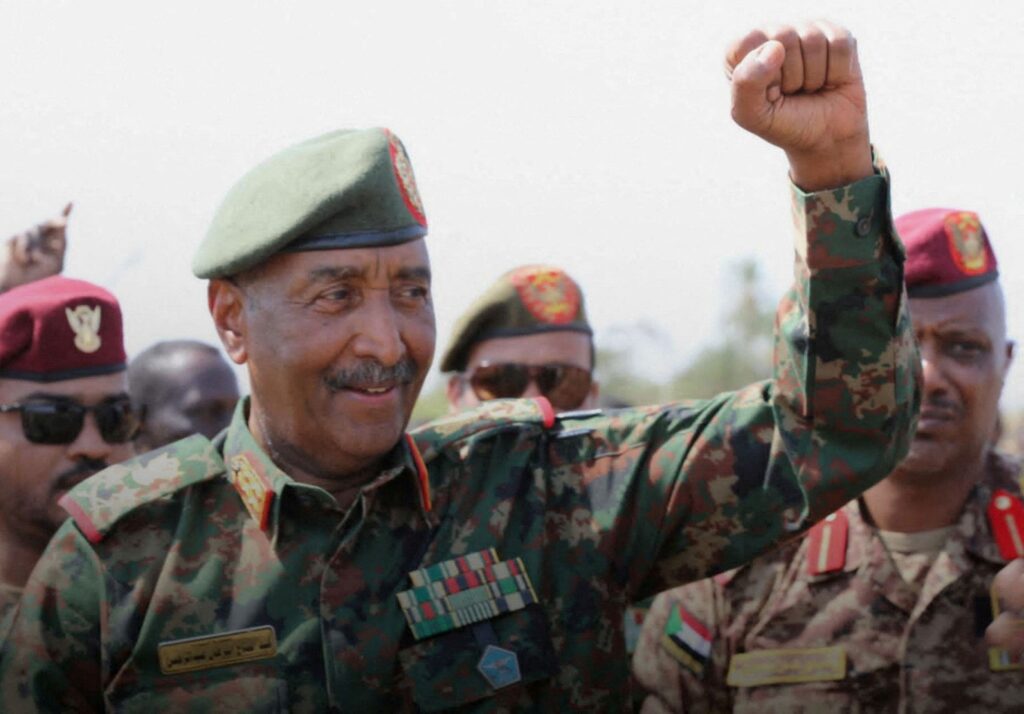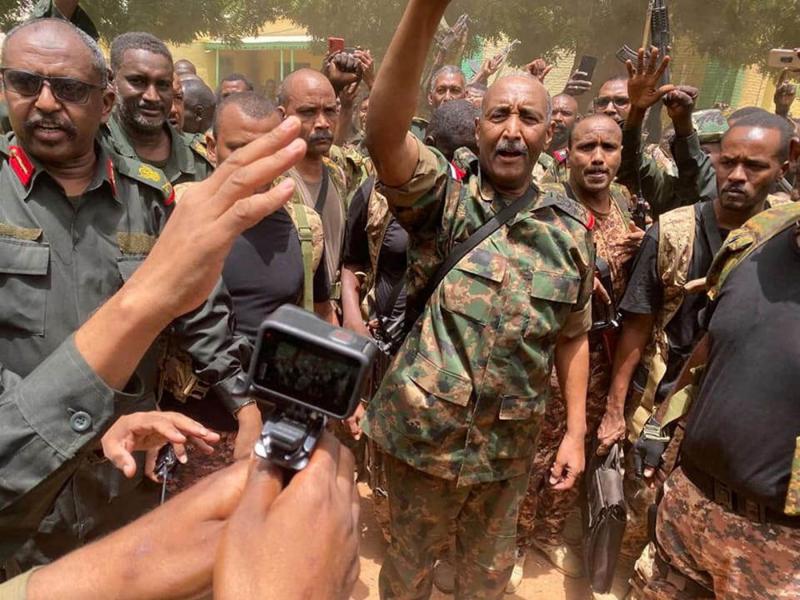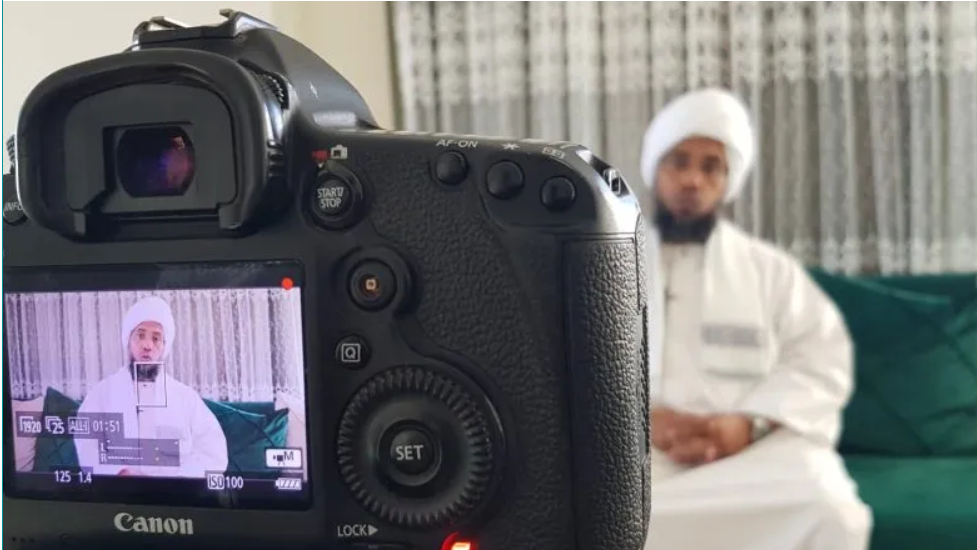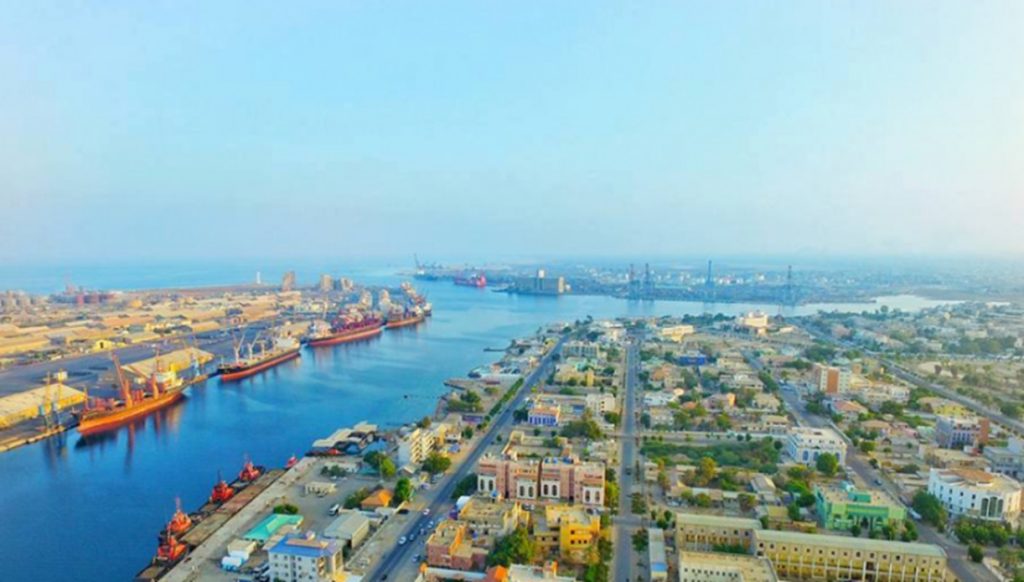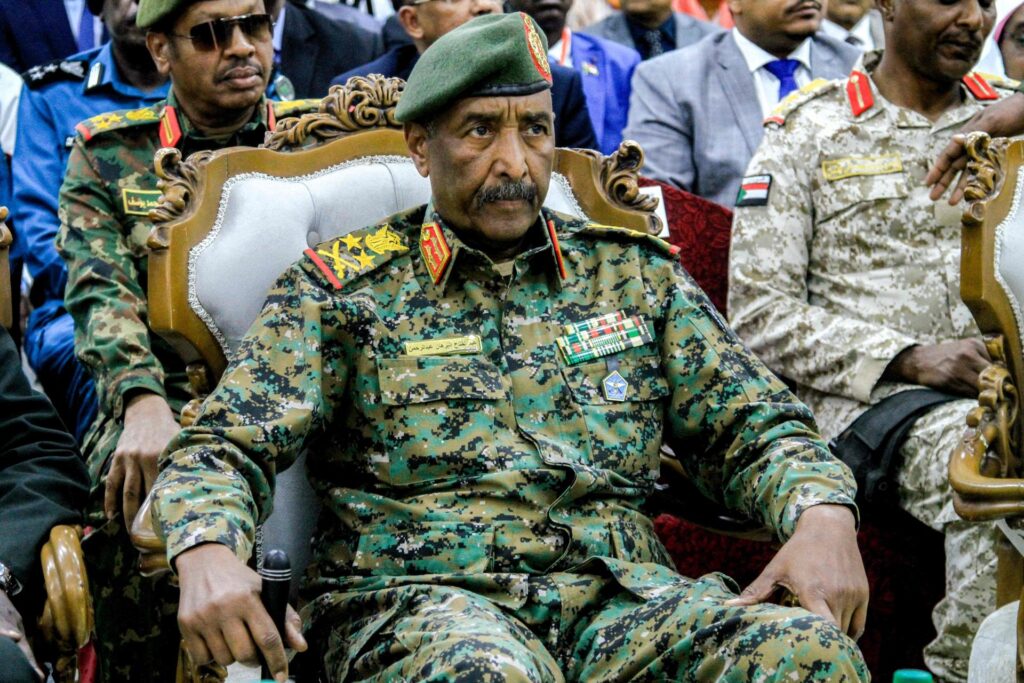
Sudan’s conflict has entered a new phase after the Rapid Support Forces announced a three-month unilateral ceasefire, while the SAF leadership again rejected proposals for a political settlement.
Observers say the move by RSF commander Mohamed Hamdan “Hemedti” aligns with regional and international efforts led by the Quad to secure a humanitarian truce and pave the way toward ending the war that has ravaged Sudan since April 2023.
By contrast, the stance of SAF chief Abdel Fattah al-Burhan, outlined in a speech to senior officers in Omdurman on Sunday, is seen as a setback for millions of Sudanese hoping for an end to the conflict. According to UN agencies, Sudan is now facing one of the world’s worst humanitarian disasters after more than two and a half years of fighting.
A ‘positive step’
Dagalo’s announcement on Monday drew support from major political forces, which described the move as a positive gesture that strengthens ongoing regional and international mediation efforts. They argued his position differs sharply from that of the SAF leadership, which they say is aligned with Sudan’s Islamist movement and its attempts to prolong the conflict.
The National Umma Party, a key component of the democratic civilian alliance, welcomed the ceasefire proposal and urged the SAF to respond seriously, warning that continued fighting threatens the country’s unity and risks further suffering and violations against civilians.
Khalid Omar Yousif, a senior figure in the “Sumood” alliance, also praised the RSF move as responsible and urged the SAF to match the gesture to help end the war.
Burhan’s miscalculation
Burhan’s latest speech, which rejected US-backed peace initiatives, was widely criticised by analysts who said his rhetoric aligns closely with the agenda of the Islamist movement that Washington is considering designating as a terrorist organisation.
Sudanese columnist Sabah Mohamed al-Hassan wrote that Burhan had openly tied himself to the movement at a highly sensitive moment, shifting from a military tone to language associated with hard-line Islamist groups. She argued that his harsh rhetoric isolated him among regional and international actors, especially when compared with Hemedti’s conciliatory message.
She noted that Dagalo’s acceptance of the ceasefire, his willingness to cooperate with the UN, and his support for humanitarian corridors present him to the international community as a partner rather than an obstacle.
International pressure grows
Following the RSF’s unilateral ceasefire announcement, Musaad Bolous, senior adviser to US President Donald Trump on Arab and African affairs, reaffirmed Washington’s commitment to ending the war. He said the SAF had rejected a strong draft proposal from the US, but expressed hope that the RSF announcement would hold.
Bolous condemned atrocities committed by both sides and emphasised that Burhan’s recent statements contained “incorrect claims”. He reiterated that Washington opposes any role for the Muslim Brotherhood in Sudan.
Meanwhile, warnings from aid agencies continue to escalate. An estimated 21 million people face acute food insecurity, more than 20 million require urgent healthcare amid outbreaks of cholera and dengue, 11.5 million are internally displaced, and over four million have fled the country. In total, about 21 million Sudanese now depend on emergency international assistance.

